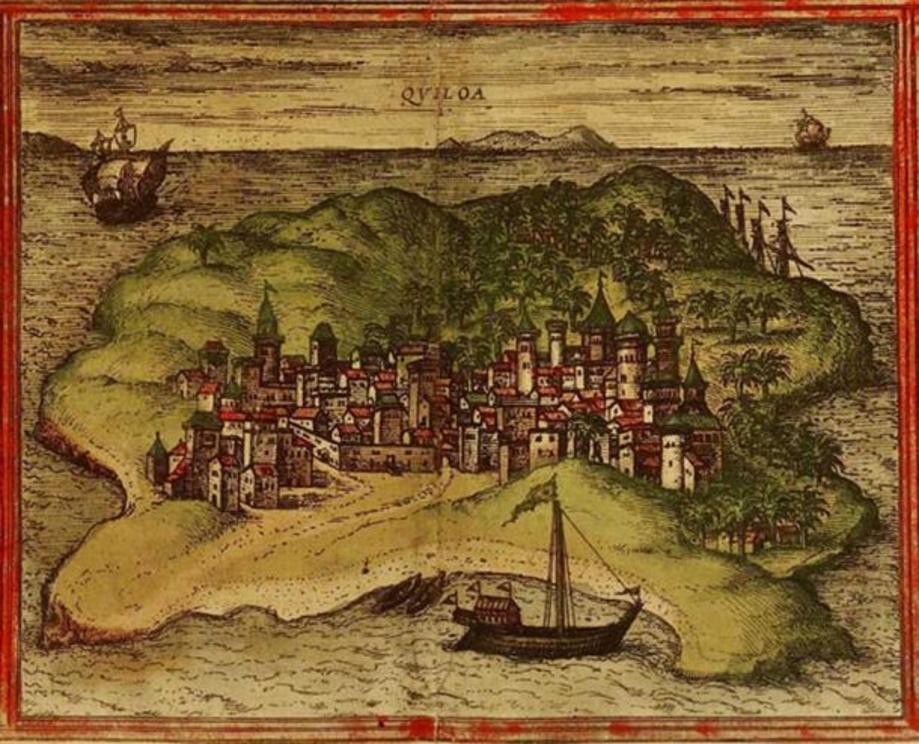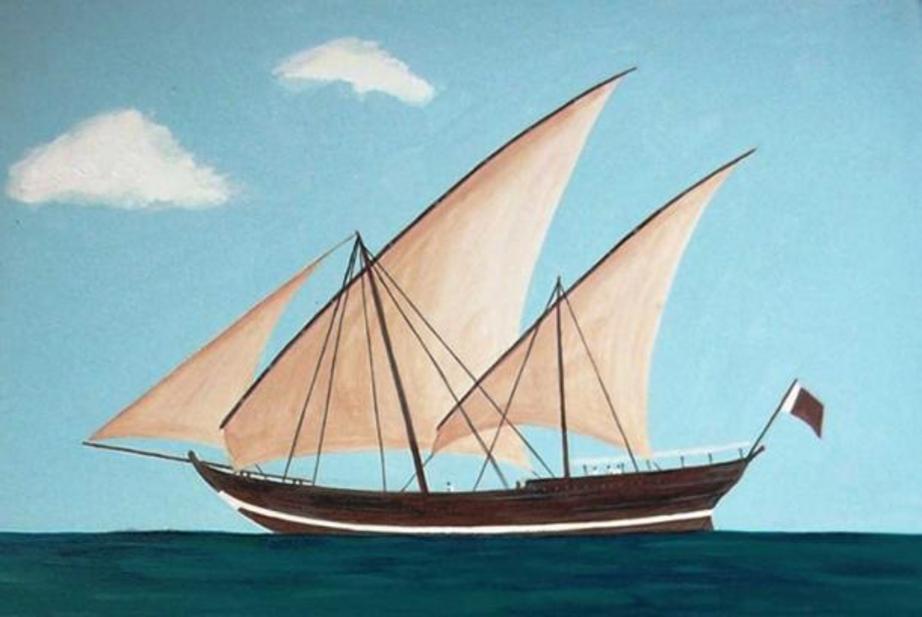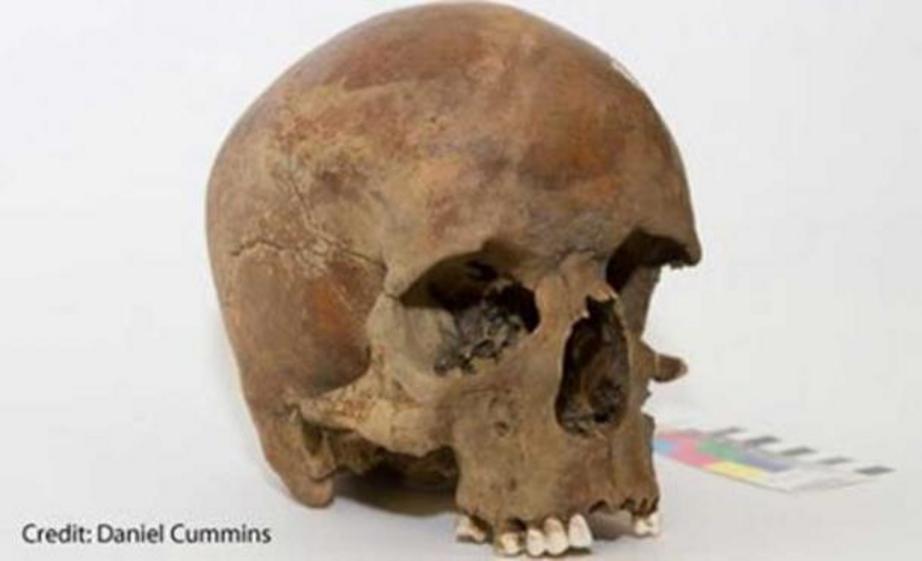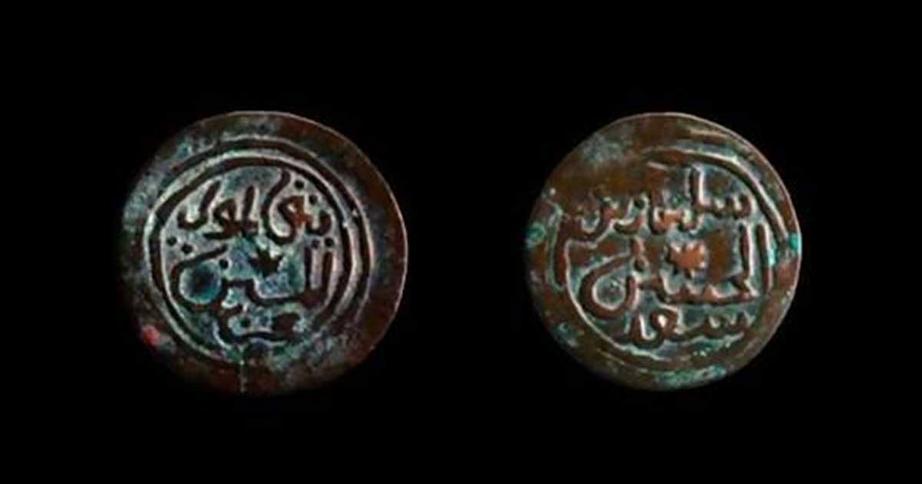Ancient African coins found in Australia pose interesting questions
...about the nation’s history.
According to Australia’s established history, European adventurers and explorers were the first foreigners to step foot on the continent – first Dutchman Willem Janszoon in 1606, and later Captain James Cook in 1770, who claimed the continent for Britain. But a series of unusual artifact discoveries over the last century may tell a different story.
Seventy years ago, when Australia was preparing for a potential Japanese invasion during WW2, a soldier patrolling the strategically important Wessel Islands off the north coast of Australia stumbled upon a handful of old coins. Too war-focused to pay attention to the odd-looking coins, he stored them in a tin, only to rediscover them some 35 years ago, at which point he handed them over to a museum. The history-changing artifacts languished in a museum drawer for two decades before their significance was finally realized.
Australian archaeologist Ian McIntosh, a professor of anthropology at Indiana University in the United States was stunned when he first saw the coins, as he immediately recognized their historical importance – the coins were minted by a lost Islamic civilization, commissioned by a sultanate of Kilwa near Tanzania, and are dated back as early as 900 AD. Could it have been Arabs, rather than Europeans, who first set foot on the far-away continent?

Kilwa sultanate coins. Credit: Powerhouse Museum
Now a UNESCO World Heritage site, Kilwa was once a thriving trade port and one of the most powerful settlements along the Swahili Coast. Trade in gold, ivory and slaves with the Arabian Peninsula, as well as India and China, influenced the growth and development of Kilwa, which reached its highest point in wealth and commerce between 13th and 15th centuries AD.

A 1572 depiction of the city of Kilwa from Georg Braun and Frans Hogenberg's atlas ‘Civitates orbis terrarum’ (public domain).
So how did the ancient east African coins find their way to a beach in northern Australia? Professor McIntosh suggests that the Kilwa coins were probably brought together as lucky charms or gifts for the natives or by sailors from Makassar in Indonesia, who obtained the coins through trade, and who set out in fleets to harvest sea cucumbers in the waters off northern Australia during the 1700s. However, a more controversial theory is that the coins were brought along in an Arab dhow ship.
“The suggestion that Arab traders and explorers might have passed this way so long ago might have been dismissed as fantasy until 1998, when the wreck of an Arab-style dhow was found off the Indonesian island of Belitung - puzzlingly far south of known Arabic-Chinese trade routes and complete with 60,000 items of gold, silver, ceramics and other produce made in Tang Dynasty China and lost during the return journey to Arabia,” reports The National. “The date of the wreck, confirmed by carbon dating, was indisputable: one bowl recovered bore the date of manufacture, July 16, 826AD.”

An Arab dhow (CC by SA 3.0)
The coins aren’t the only finding that has suggested Australia might need to rewrite its history books. While not as controversial, the discovery of a 16th century Spanish swivel gun in Darwin, as well as the finding of a mysterious skull of a European male in New South Wales dating back to the 1600s, shows that the Dutch may not have been the first Europeans on Australian soil.

The skull of a European male dating to 1600s found in New South Wales. Credit: Daniel Cummins
But fighting over dates and who was the very first to discover the lands seems rather inconsequential when you consider that the Aboriginals inhabited Australia for at least 65,000 years before Captain Cook’s arrival. But there is a bigger issue at stake here than just ‘who was the first?’. Early discoveries of Australia were quietly scratched out of the school syllabus and many history books, as giving credit to the ‘colonizers’ was far more important. Similarly, new discoveries providing evidence of early foreign visits are quickly rejected or swept under the carpet. And this is a common pattern. We know for example, that Christopher Columbus was also not the first foreigner to step foot in the Americas.
What we learn at school and what is written in many history books is very often not produced with accuracy in mind, but rather has been written to serve a certain political agenda.
Top image: Two of the ancient Kilwa coins. Courtesy Purdue University Indianapolis

